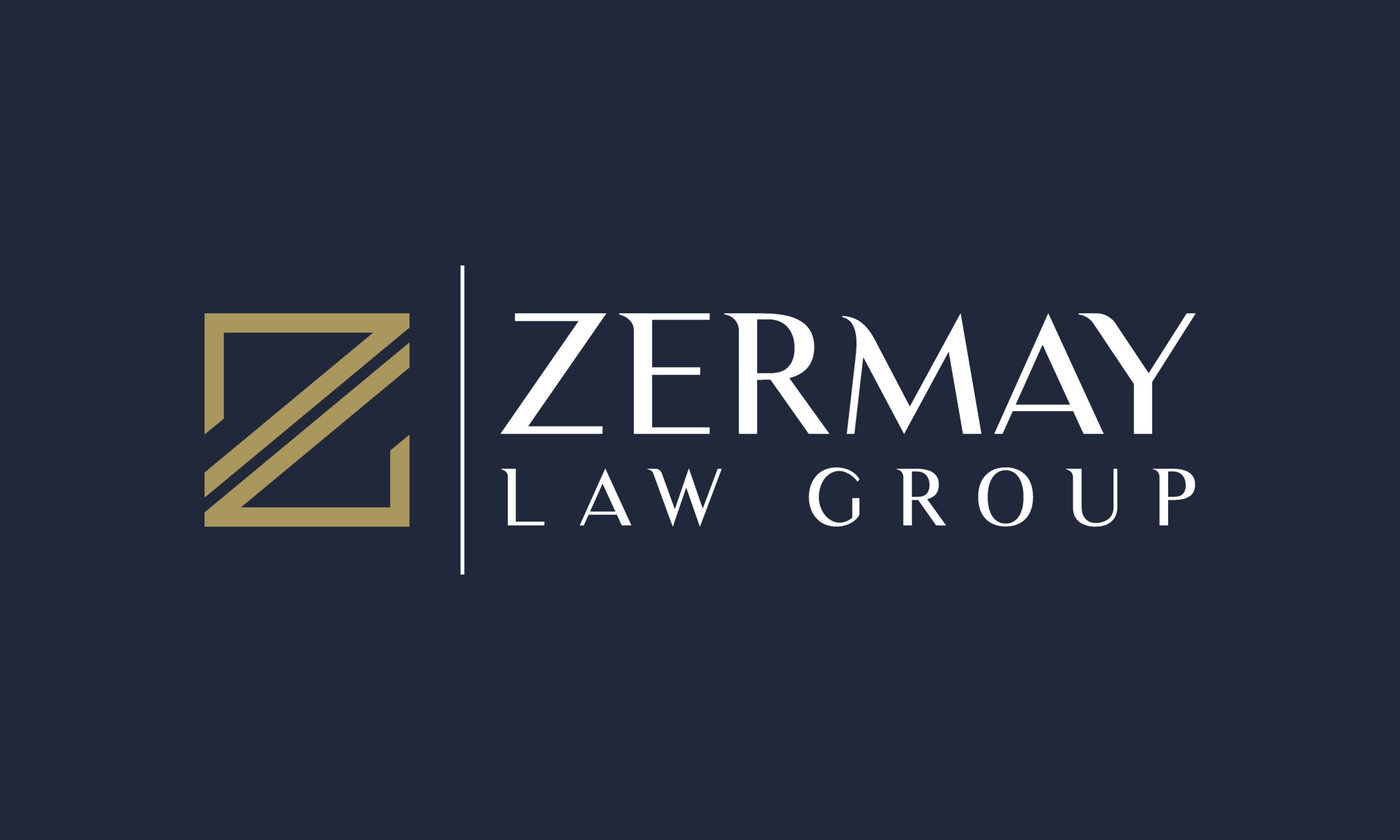If none of these debt relief plans work, call Zermay Law Make a budget and stick to it The first step in getting out of credit card debt is to make a budget that allows you to pay off your debt as quickly as possible. Start by listing your income and all your expenses. Look for areas where you can...
Deceased Debts & Debtors
Pay Debts from the Estate
Paying Debts From an Estate To summarize, when a person dies, their debts are usually paid from their estate. The executor of the estate oversees the payment of debts and claims from the assets of the estate, but is usually not personally liable for them. Some debts may not need to be repaid by...

Am I Responsible for Debt After Death of a Family Member ?
Most Debts Do Die with the Deceased... Overall, while it is true that many Americans may die in debt, their relatives are usually not responsible for paying off their debts. However, the deceased person’s estate is responsible for paying off any outstanding debts, which may impact the inheritance...

Existing Debts are Paid from the Deceased’s Estate
Estates, Executors, and the Probate Process It is important to note that not all assets are subject to probate. Assets held in a trust, for example, can pass directly to beneficiaries without going through probate. Assets with a named beneficiary, such as a life insurance policy or retirement...

Cases Where Family Members May Have to Pay
Relatives typically won’t have to worry about paying off a family member’s debts. There are a few exceptions to this, which we detail below. Debts in which the surviving relative is a joint account owner: In the case of joint accounts, the surviving account owner generally assumes full ownership...


Recent Comments